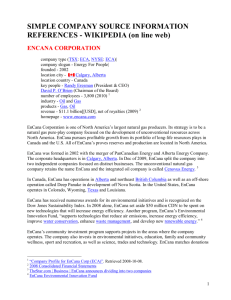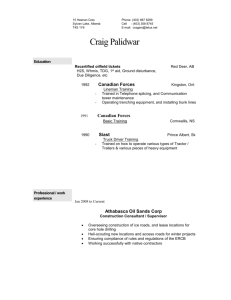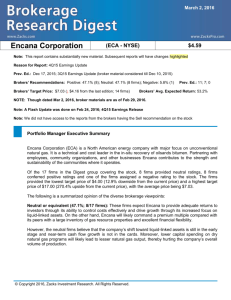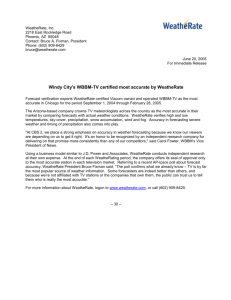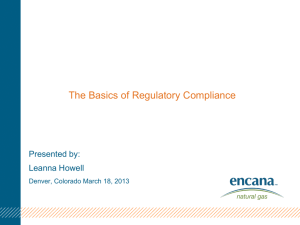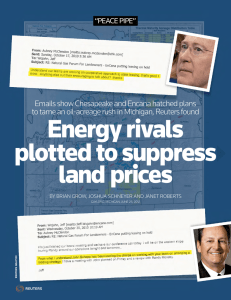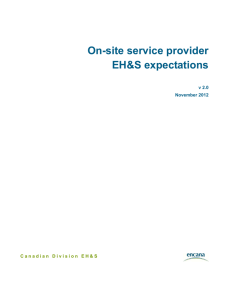2007-08-27-Military-guards-environment
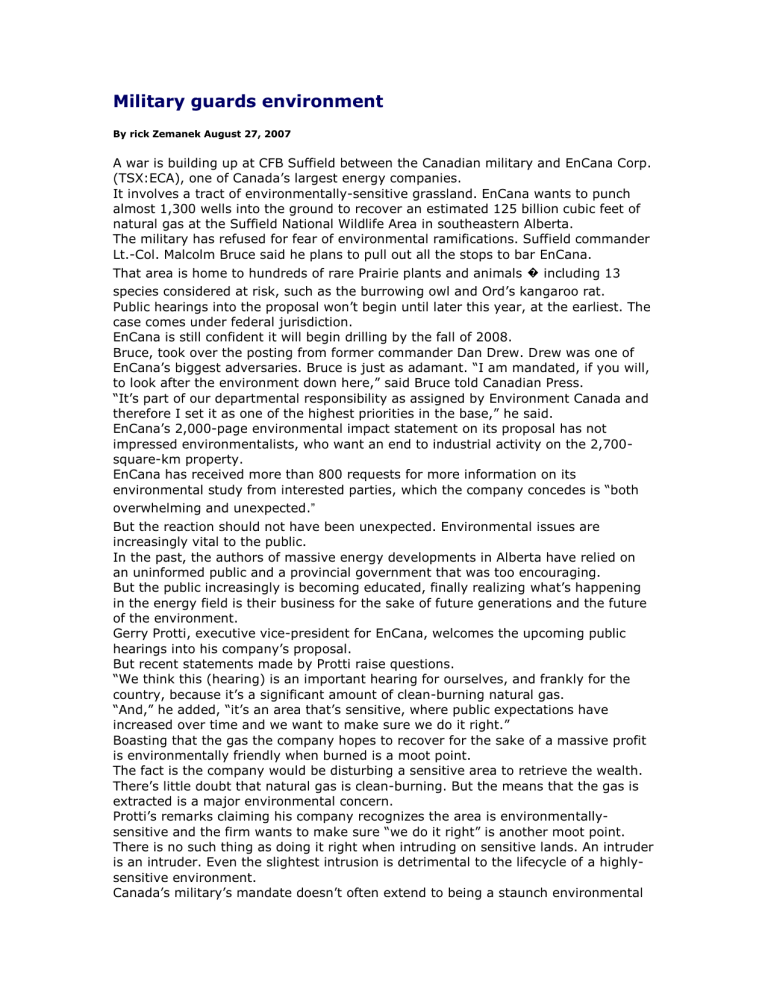
Military guards environment
By rick Zemanek August 27, 2007
A war is building up at CFB Suffield between the Canadian military and EnCana Corp.
(TSX:ECA), one of Canada’s largest energy companies.
It involves a tract of environmentally-sensitive grassland. EnCana wants to punch almost 1,300 wells into the ground to recover an estimated 125 billion cubic feet of natural gas at the Suffield National Wildlife Area in southeastern Alberta.
The military has refused for fear of environmental ramifications. Suffield commander
Lt.-Col. Malcolm Bruce said he plans to pull out all the stops to bar EnCana.
That area is home to hundreds of rare Prairie plants and animals � including 13 species considered at risk, such as the burrowing owl and Ord’s kangaroo rat.
Public hearings into the proposal won’t begin until later this year, at the earliest. The case comes under federal jurisdiction.
EnCana is still confident it will begin drilling by the fall of 2008.
Bruce, took over the posting from former commander Dan Drew. Drew was one of
EnCana’s biggest adversaries. Bruce is just as adamant. “I am mandated, if you will, to look after the environment down here,” said Bruce told Canadian Press.
“It’s part of our departmental responsibility as assigned by Environment Canada and therefore I set it as one of the highest priorities in the base,” he said.
EnCana’s 2,000-page environmental impact statement on its proposal has not impressed environmentalists, who want an end to industrial activity on the 2,700square-km property.
EnCana has received more than 800 requests for more information on its environmental study from interested parties, which the company concedes is “both overwhelming and unexpected.
”
But the reaction should not have been unexpected. Environmental issues are increasingly vital to the public.
In the past, the authors of massive energy developments in Alberta have relied on an uninformed public and a provincial government that was too encouraging.
But the public increasingly is becoming educated, finally realizing what’s happening in the energy field is their business for the sake of future generations and the future of the environment.
Gerry Protti, executive vice-president for EnCana, welcomes the upcoming public hearings into his company’s proposal.
But recent statements made by Protti raise questions.
“We think this (hearing) is an important hearing for ourselves, and frankly for the country, because it’s a significant amount of clean-burning natural gas.
“And,” he added, “it’s an area that’s sensitive, where public expectations have increased over time and we want to make sure we do it right.”
Boasting that the gas the company hopes to recover for the sake of a massive profit is environmentally friendly when burned is a moot point.
The fact is the company would be disturbing a sensitive area to retrieve the wealth.
There’s little doubt that natural gas is clean-burning. But the means that the gas is extracted is a major environmental concern.
Protti’s remarks claiming his company recognizes the area is environmentallysensitive and the firm wants to make sure “we do it right” is another moot point.
There is no such thing as doing it right when intruding on sensitive lands. An intruder is an intruder. Even the slightest intrusion is detrimental to the lifecycle of a highlysensitive environment.
Canada’s military’s mandate doesn’t often extend to being a staunch environmental
supporter � especially in Suffield, the largest live-fire military training base in the western world. There, tanks roar around firing artillery in simulated battle. That’s ripping up a lot of dirt.
But the activity does not go without environmental rules.
“Military activity on the range has minimal impact because we do stringent environmental assessments so we know when is the best time to train on different areas and different climates,” said Bruce.
EnCana has shared the land with the military for more than 30 years and had more than 1,100 wells drilled before the land officially became and national wildlife area in
2003. EnCana supported the designation.
But Protti said that support came with expectations that it would remain a multi-use area, allowing ongoing gas and oil development.
Charge on Lt.-Col. Malcolm Bruce, and hold your position.
Rick Zemanek is an Advocate editor.
© Copyrig ht 2007 Red Deer Advocate
